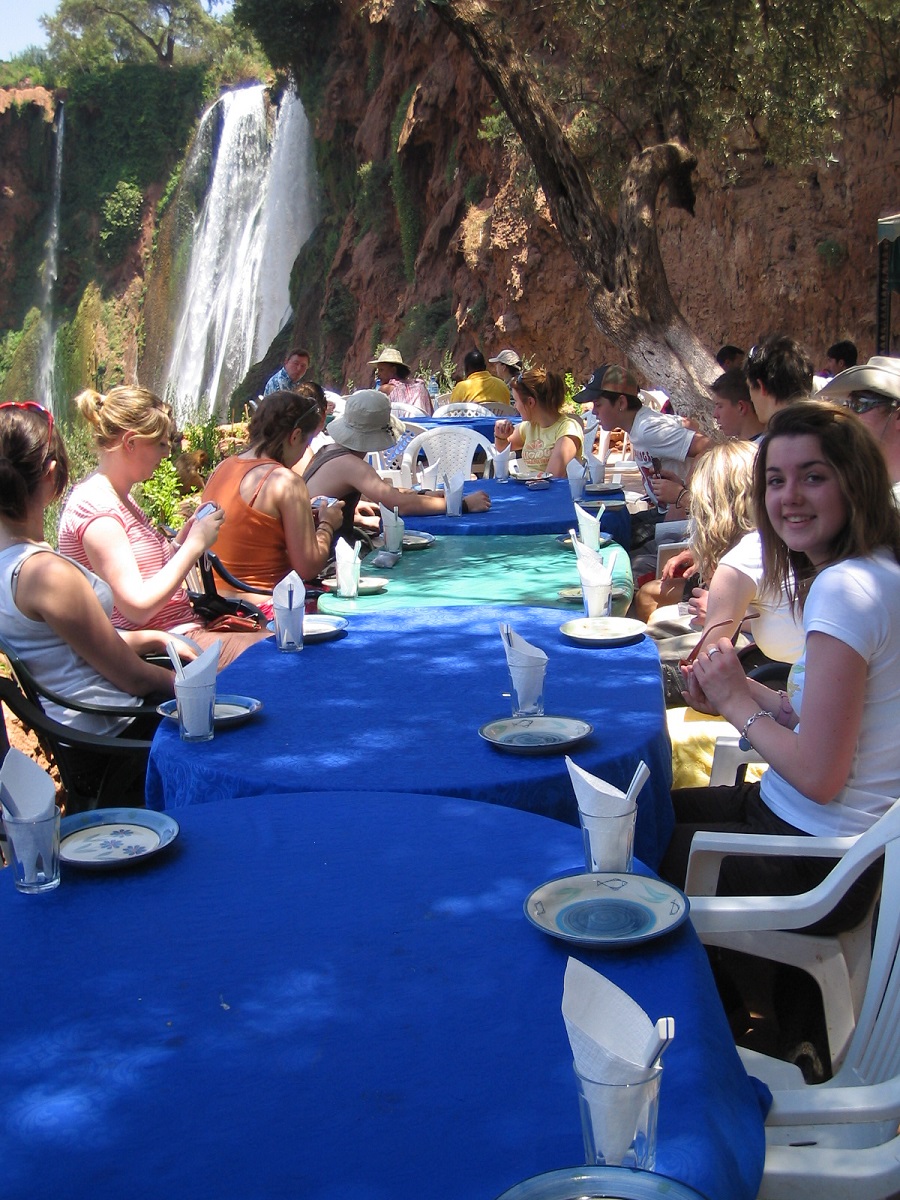
Morocco, a North African nation rich in history, culture, and natural beauty, is an ideal destination for educational travel and school adventures. Educational travel offers students the chance to learn beyond their classrooms, immersing themselves in real-world experiences and gaining firsthand exposure to diverse cultures. Morocco, with its multitude of landscapes, historical sites, and cultural nuances, is a treasure trove of educational experiences waiting to be uncovered.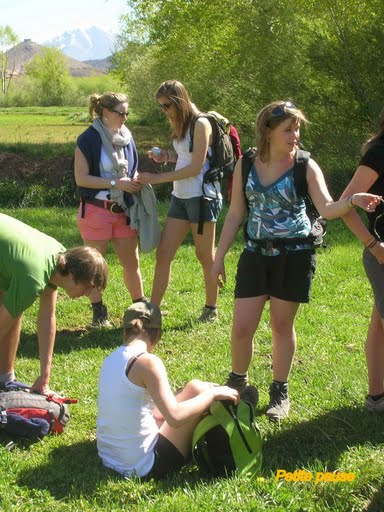
The Allure of Morocco
Morocco is a country where the past and the present exist side by side. Its vibrant cities are filled with bustling markets (souks), ancient palaces, and mosques, while its rural areas are known for their picturesque villages, sweeping desert landscapes, and breathtaking mountain ranges. This blend of old and new, traditional and modern, urban and rural provides a unique opportunity for students to experience and learn about a variety of aspects of Moroccan life.
The Benefits of Taking an Overseas School Trip to Morocco
Overseas school trips to Morocco offer students a unique learning experience, blending the richness of cultural immersion with practical, hands-on learning. Here are some of the key benefits that students can gain from such trips:
1. Exposure to Diverse Cultures:
Morocco is a cultural melting pot with Arab, Berber, African, and European influences. This cultural diversity can broaden students' perspectives, helping them understand and appreciate different ways of life. Experiences such as visiting a traditional Berber village or exploring the bustling souks can provide a firsthand understanding of Moroccan culture and society.
2. Enhanced Learning Opportunities:
Traveling to Morocco can significantly enhance students' learning by providing real-world experiences that complement classroom lessons. For instance, historical studies come alive when walking through the ancient medinas of Fez or Marrakech, geography becomes tangible when traversing the Atlas Mountains or the Sahara Desert, and language skills can be honed through interaction with local people.
3. Development of Language Skills:
Morocco is a multilingual country with Arabic, Berber, and French widely spoken. A school trip to Morocco can provide students with a valuable opportunity to practice these languages, enhancing their language skills and increasing their cultural understanding.
4. Personal Growth:
Overseas travel often pushes students out of their comfort zones, fostering resilience, adaptability, and independence. Navigating new environments, trying new foods, and learning to communicate in a different language can all contribute to students' personal development.
5. Builds Global Citizenship:
By experiencing Morocco's environmental and social realities firsthand, students can develop a deeper understanding of global issues. This can foster a sense of global citizenship, encouraging students to consider their role in the world and to engage with issues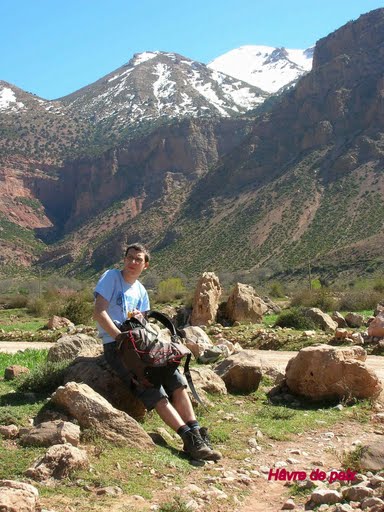 such as sustainability and social justice.
such as sustainability and social justice.
6. Teamwork and Social Skills:
Overseas school trips often involve group activities, which can help students develop their teamwork and social skills. Whether it's navigating through the medina, embarking on a trek in the Atlas Mountains, or participating in a community service project, these shared experiences can build camaraderie and foster lifelong friendships.
7. Exposure to Unique Natural Landscapes:
Morocco's diverse landscapes, from its mountain ranges to its deserts and coastlines, offer students the chance to learn about unique ecosystems. These experiences can foster a greater appreciation for nature and highlight the importance of environmental conservation.
Will it be safe to travel to Morocco
As with any travel destination, it's important to consider safety when planning a trip to Morocco. Morocco is generally considered a safe country for travelers. The Moroccan government takes tourist safety seriously and has implemented measures to ensure the security of its visitors. However, like anywhere else in the world, it's important to stay aware of your surroundings and follow local laws and customs.
Here are some safety considerations for traveling to Morocco:
1. Crime:
Most visits to Morocco are trouble-free, but petty crime like pickpocketing can occur, particularly in crowded areas such as markets. It's advisable to be vigilant, especially in touristy areas, and to keep your belongings secure at all times.
2. Local Laws and Customs:
Morocco is a Muslim-majority country, and it's important to respect local customs and religious traditions. This includes dressing modestly, particularly when visiting religious sites.
3. Road Safety:
Road conditions and driving standards in Morocco can differ from those in Western countries. If you're planning to drive, ensure you're comfortable with the local driving conditions. When using taxis, it's a good idea to agree on the fare before starting your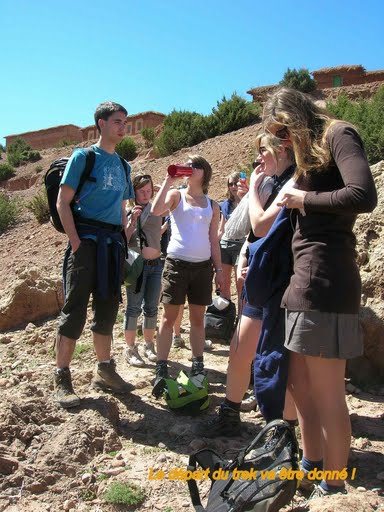 journey.
journey.
4. Health:
Make sure you're up-to-date with routine vaccinations before traveling to Morocco. It's also advisable to avoid drinking tap water and to use bottled water instead.
5. Political Stability:
While Morocco is generally politically stable, as with any travel, it's important to stay informed about the current situation. Check your country’s travel advisory for Morocco for the most recent information.
6. COVID-19:
Given the ongoing global pandemic, it's crucial to understand the current COVID-19 situation and related travel regulations in Morocco. These can change rapidly, so it's important to check for updates regularly.
While Morocco is generally safe, it's essential to be aware of your surroundings, respect local customs, and stay informed about the current situation. This will help ensure that your trip is not only enjoyable but also safe.
Unveiling History and Culture
Morocco, a country steeped in history and rich in culture, provides an extraordinary backdrop for educational travel. Its vibrant cities, ancient ruins, and diverse communities offer a treasure trove of learning opportunities. Here are some ways students can unveil and immerse themselves in the history and culture of Morocco:
1. Discovering the Imperial Cities:
The four Imperial Cities of Morocco - Marrakech, Fez, Meknes, and Rabat - each boast a unique history and cultural heritage. By exploring these cities, students can trace Morocco's historical evolution, from its Berber roots to its Arab-Islamic traditions and French colonial influences.
2. Visiting Historical Sites and Monuments:
From the Roman ruins of Volubilis to the medieval medinas of Marrakeck and Fez, Morocco's historical sites offer a tangible connection to the past. Visiting these sites provides students with a firsthand understanding of different historical eras and architectural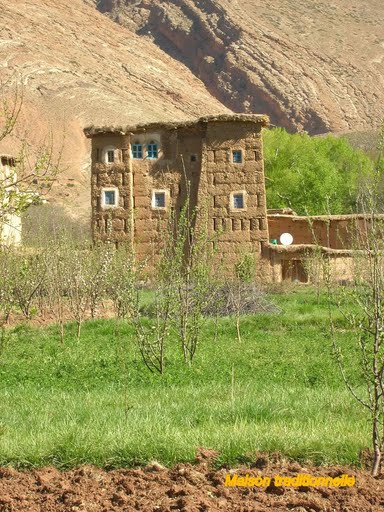 styles.
styles.
3. Engaging with Traditional Arts and Crafts:
Morocco is renowned for its traditional arts and crafts, such as pottery, leatherworking, and carpet weaving. Visiting local workshops or artisan cooperatives can provide insight into these ancient crafts and their significance in Moroccan culture.
4. Experiencing Cultural Events and Festivals:
Festivals and cultural events, such as the Gnawa Music Festival in Essaouira or the Rose Festival in the Dades Valley, offer vibrant showcases of Moroccan music, dance, and traditions. Participating in these events can provide students with a deeper understanding of Moroccan culture and community life.
5. Learning about Religious Traditions:
As a predominantly Muslim country, Morocco offers an excellent opportunity to learn about Islamic traditions and practices. Visiting mosques, such as the Hassan II Mosque in Casablanca or the Koutoubia Mosque in Marrakech, and learning about Islamic festivals and customs can promote religious literacy and interfaith understanding.
6. Exploring Moroccan Cuisine:
Moroccan cuisine is a reflection of the country's diverse cultural influences. Participating in a cooking class or enjoying a traditional meal, such as a Moroccan tagine or couscous, can offer a delicious introduction to Moroccan culture.
7. Interacting with Local Communities:
Engaging with local people, whether through homestays, school exchanges, or community projects, can provide a genuine insight into Moroccan life and values. These interactions can foster cultural exchange, mutual understanding, and lasting friendships.
Embracing Nature and Adventure
Embracing nature and adventure during overseas trips, especially in a diverse country like Morocco, can provide a multitude of benefits for students. Here's why and how students can immerse themselves in nature and adventure during their school trip:
1. Exploration of Diverse Landscapes:
Morocco offers a plethora of unique landscapes, from the soaring peaks of the Atlas Mountains to the expansive dunes of the Sahara Desert, and the rugged coastline of the Atlantic Ocean. Exploring these diverse environments allows students to connect with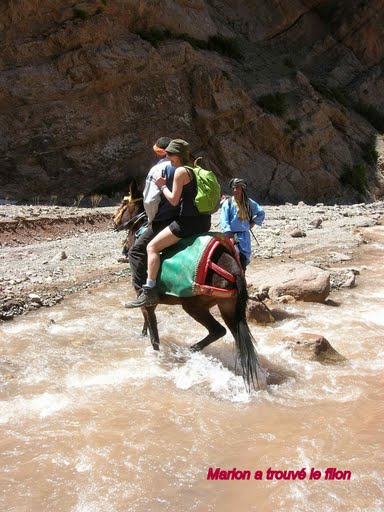 nature in its rawest form, fostering a deep appreciation for our planet's beauty and diversity.
nature in its rawest form, fostering a deep appreciation for our planet's beauty and diversity.
2. Outdoor Activities:
Whether it's hiking in the Rif Mountains, camel trekking in the Sahara Desert, or surfing along the coast in cities like Essaouira or Agadir, Morocco offers a wide range of outdoor activities. These activities not only provide thrilling experiences but also promote physical health and encourage teamwork.
3. Adventure Learning:
Adventure activities often challenge students to step out of their comfort zones, promoting personal growth. They can learn valuable skills such as resilience, problem-solving, and leadership. Navigating through unfamiliar terrains, setting up camp in the desert, or working together to climb a mountain can all foster a sense of achievement and self-confidence.
4. Environmental Education:
Being in nature provides students with the opportunity to learn about various ecosystems, flora and fauna, and environmental challenges. For instance, a visit to Morocco's largest wind farm near Tangier can shed light on renewable energy efforts, while a trip to the High Atlas Mountains can teach about local flora and fauna and the impacts of climate change.
5. Mindfulness and Mental Health:
Spending time in nature has been shown to have positive effects on mental health. It can reduce stress, increase feelings of happiness, and improve concentration. The peacefulness of a desert night or the calming rhythm of ocean waves can provide students with a much-needed break from their usual busy schedules, promoting mindfulness and well-being.
6. Sustainable Tourism:
Engaging with nature also provides an excellent opportunity to learn about and practice sustainable tourism. Students can learn about the importance of leaving no trace, preserving natural resources, and respecting wildlife. This can foster a sense of responsibility and commitment to protecting our planet.
Sustainable Travel and Community Engagement
Many educational travel programs in Morocco emphasize sustainable tourism practices and community engagement. Students can learn about the importance of water conservation in the desert regions, explore renewable energy initiatives like the Noor Ouarzazate Solar Complex, or participate in local reforestation projects.
In terms of community engagement, students often have the chance to work on service projects that benefit local communities. This might involve helping to build schools in rural areas, teaching English in local schools, or supporting local artisan cooperatives. Such experiences can instill a sense of global citizenship and social responsibility among students.
Preparing for the Journey
Preparing for an overseas school trip, such as to Morocco, involves several steps to ensure a safe, enjoyable, and educational experience. Here are some key considerations for students preparing for their journey: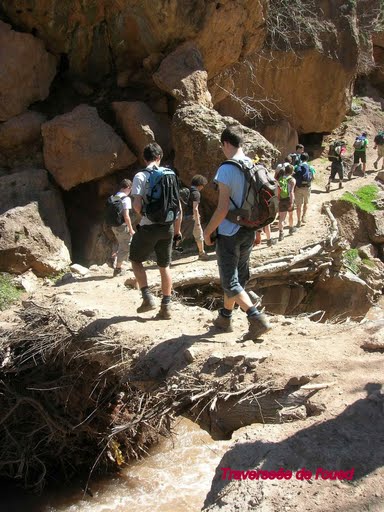
1. Research:
Start by researching your destination. Learn about Morocco's history, culture, customs, and language(s). Understanding the local etiquette, such as appropriate dress and behavior, can help you respect and connect with the local culture.
2. Health Preparations:
Visit a travel clinic or your doctor to discuss any necessary vaccinations or medications. Depending on your itinerary, you may need to consider vaccinations for diseases like Hepatitis A and B, Typhoid, or Rabies. Also, remember to pack a basic first aid kit.
3. Travel Insurance:
Make sure you have appropriate travel insurance that covers emergency health care, trip cancellation, and lost belongings. Understand the terms and conditions of your insurance policy.
4. Passports and Visas:
Check the validity of your passport; it should be valid for at least six months beyond your planned departure date. Also, verify if you need a visa to enter Morocco and apply well in advance if necessary.
5. Packing:
Pack appropriately for the climate and activities planned. Consider cultural sensitivities when packing your clothes. In Morocco, modest clothing is recommended. Don't forget essentials like a good quality sunblock, hat, reusable water bottle, and comfortable walking shoes.
6. Language Learning:
Learn some basic phrases in the local language(s). In Morocco, French and Arabic are widely spoken. Even a basic understanding can greatly enhance your travel experience.
7. Money:
Understand the currency of Morocco (Moroccan Dirham) and have a plan for accessing money while abroad. Inform your bank about your travel plans to avoid any issues with your cards while overseas.
8. Safety Measures:
Stay informed about safety and security in Morocco. Register with your country's embassy or consulate upon arrival. Keep a list of emergency contacts, including local emergency services and the nearest embassy or consulate.
9. Cultural Sensitivity:
Be respectful of Morocco's customs and traditions. For instance, during the holy month of Ramadan, eating, drinking, or smoking in public during daylight hours can be seen as disrespectful.
10. Sustainable Travel Practices:
Educate yourself on how to travel responsibly and sustainably. Respect local ecosystems, conserve resources, support local economies, and be respectful of cultural heritage sites and local communities.
Preparation is key to a successful and rewarding journey. By taking the time to prepare properly, you'll be able to navigate any challenges that arise, fully engage with the local culture, and make the most of your educational travel experience in Morocco
Conclusion
Educational travel and school adventures in Morocco offer a myriad of opportunities for learning and personal growth. From delving into the country's rich history and culture to embarking on thrilling adventures amid diverse landscapes, students are bound to return home with a wealth of knowledge, unforgettable memories, and a broader perspective of the world. As with any journey, the experiences and insights gained along the way are often as valuable as the destination itself.